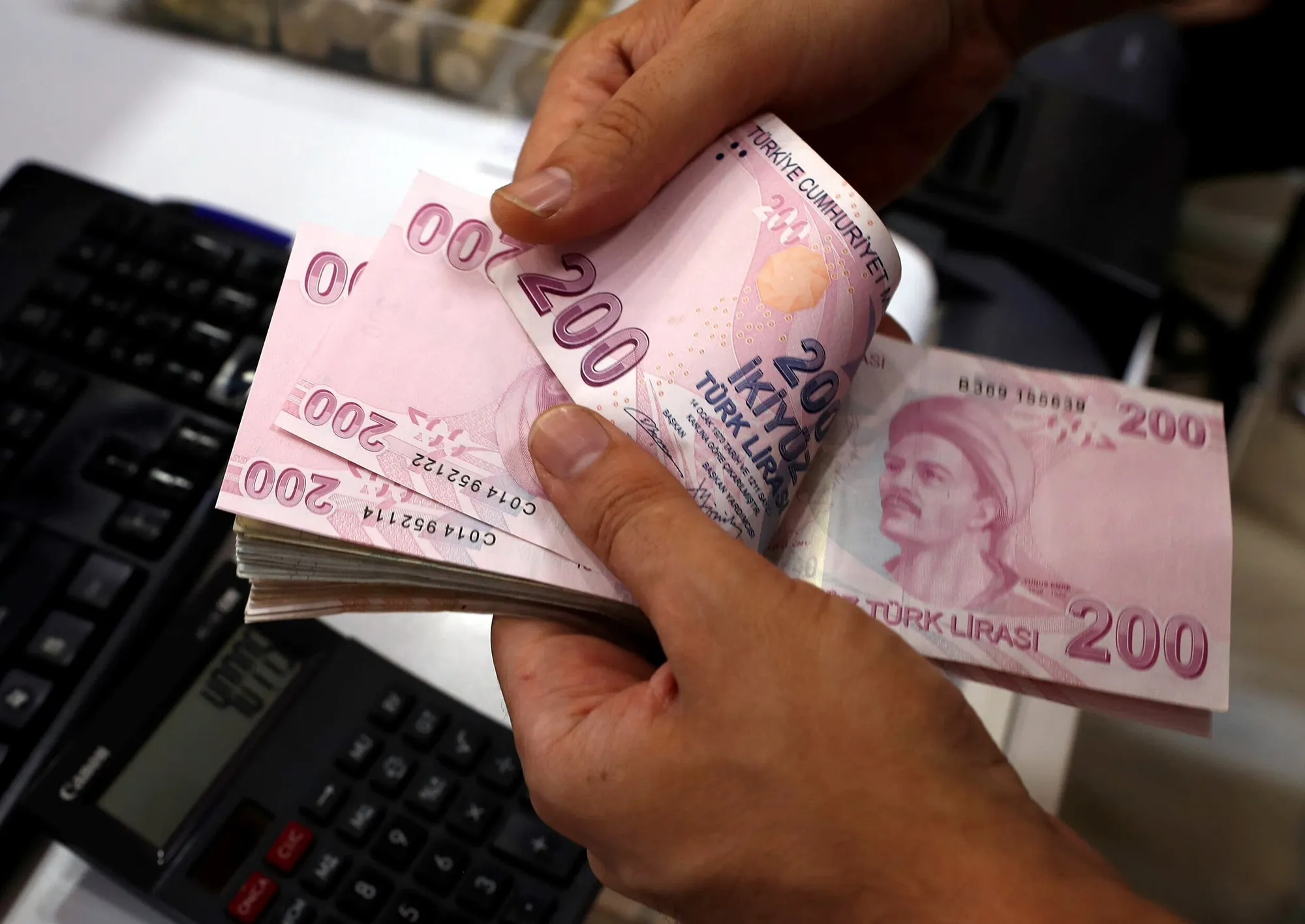
Turkey brings together east and west, ancient and modern. Istanbul, in particular, is home to many ex-pats who have moved to Turkey to work, study or retire in a vibrant and enriching environment.
If you’re about to make this fascinating country home, then you will need a local bank account. Without one, you’ll struggle with everyday essentials like getting a mobile phone contract and internet access.
Here’s everything you need to know about opening a bank account in Turkey.
What documents do I need to open a bank account in Turkey?
Each bank will have a slightly different process for account opening, but you can expect to be asked for the following:
- Valid Passport
- Republic of Turkey Tax Identification Number. You will get this from the Finance and Tax Office
- Proof of address - usually a recent utility bill or rental contract
- You will also need to complete a proof of signature form
Luckily, the larger retail banks in Turkey have good websites with English translations. Check out your chosen bank’s site, so you're confident of the documents you’ll need to take with you to the branch.
Can I open a bank account from abroad?
Your options for opening a bank account from abroad will depend on the type of account you want to open, and whether or not you have a residence permit already for Turkey.
The major banks listed below have banking products for both local residents and international clients and can explain the options available to you and their processes. All have English speaking staff.
Can I open a bank account as a non-resident?
Opening a bank account as a non-resident will be more complicated, but it is possible. If you are depositing a large amount of cash, banks will be more inclined to help you. Similarly, if you want to open a foreign currency account, then residency is not usually required. The advice from ex-pats already in Turkey is to ask and be prepared to negotiate if you don’t have the exact documents usually needed.
The main issue is getting the Republic of Turkey Tax Identification Number, which is required by most banks to open an account. You can acquire this as a non-resident, but ask your bank’s advice on the best way to go about this. Your chosen bank may be able to help you make your application.
Which bank should I choose?
The ‘big four’ Turkish retail banks, which are listed below, have specific support and services for international clients. This includes customer service offered in English and other international languages, and products tailored to the needs of ex-pats.
Alternatively, many international banks operate in Turkey. This may allow you to transfer your existing account to your home bank’s Turkish branch if that’s easier.
Isbank is Turkey’s largest bank, you’re sure to find a branch of Isbank nearby. They also have several branches outside of Turkey, in areas such as the Middle East, China and the UK. Some branches within Turkey specialize in banking for ex-pat clients, which may make the experience of setting up an account a smoother one.
Garanti Bankası is the second-largest private bank in Turkey, and are known for providing English speaking staff in most branches. There are specific customer relations managers in some branches who specialize in dealing with ex-pat customers, and customer service telephone lines operating in English and German.
Akbank is a large Turkish bank with a long history. They offer a full range of accounts and payment cards and have a broad network of branches and ATMs. Akbank also has specific ex-pat and multinational banking products, and English language customer services offered via telephone.
Yapı Kredi is making up the last of the big four Turkish banks by volume, Yapı Kredi is well established and offer a full range of banking products and services. They offer some specialist accounts and bank cards for international customers.
Each bank has its own process for setting up a new account, so check the details online. Making an appointment with the bank is advisable if you want to work with an English speaking member of staff. Alternatively, some banks can help you with queries and document requirements over the phone.
What kinds of banking fees and charges can I expect?
When choosing a bank account in Turkey, it's important to read the terms and conditions carefully - especially when it comes to banking fees and charges.
You might find that there are regular handling charges levied to keep your account open or to use a credit or debit card. These fees mount up over time. Other common charges include a set fee for withdrawing cash from an ATM operated by a different bank. Choose a bank with a good ATM network to avoid this problem.
Another common problem for ex-pats is the costs included when moving money between accounts that use different currencies. Bank fees can be particularly costly here. As well as a transactional charge many banks will convert your money at an exchange rate which is far from favourable.
You can avoid this problem by using TransferWise for international money transfers.
With TransferWise you can transfer money between accounts using the real exchange rate. There is no markup and no hidden fees. Instead, you’ll find a clear set charge for your transfer, and you benefit from the best exchange rate available. Check out their website to find out more about simple, and fair international money transfers with TransferWise. Sign up today and save 100% on your first transfer over GBP200











Member discussion